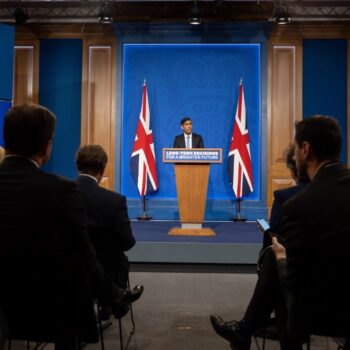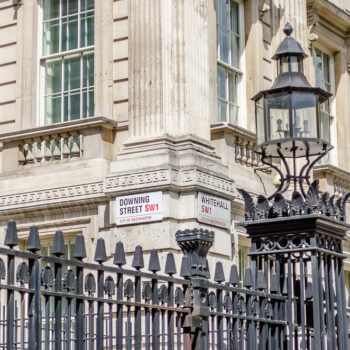The UK Government continues its push to sell-off the UK’s Green Investment Bank despite cross-party opposition and a highly critical report from Parliament’s green watchdog – the Environmental Audit Committee – on its handling of the process. We take a look back at what’s happened so far, and outline what to expect in 2016.
Do we need a Green Investment Bank?
The UK Green Investment Bank (GIB) is the first of its kind in the world, created to address market failures in the UK green economy. It provides a means of risk-sharing between the public and private sectors that is designed to accelerate and deliver green investment at large scale and with significantly lower cost of capital, meaning emissions reductions at least cost to taxpayers and consumers.
Set up in 2012, it has already been a huge success; for every £1 of public investment into the UK’s green economy, the GIB has mobilised a further £3 of private capital. To date, £2.3 billion of public money has been committed to projects with a total transaction value of £10.1 billion.
Despite this success, in June 2015 the Government announced its intention to sell-off the GIB and later revealed its plans to repeal the statutory provisions which protect its green purposes, independence and the Parliamentary oversight of its activities.
The proposed changes – and the speed at which they are being rushed through – have created concern across the political spectrum that the GIB will be unable to adequately address the market failures it was established to tackle. With investor confidence in the UK low-carbon economy already shaken by the raft of surprise policy changes made in 2015, the GIB remains key to providing confidence to investors and crowding-in private investment.
Parliamentary pushback
The Environmental Audit Committee report is the latest in a series of Parliamentary probes into the Government’s decision to privatise the GIB. The Report is highly critical of the means by which the Government reached its decision, finding it was taken without due transparency, publication of relevant evidence, consultation, or proper consideration of alternatives.
The Report calls on the Government to publish a robust business case and impact assessments in support of its decision to sell and the timing of the sale before it proceeds. It argues the sale should not go ahead if the protection of the GIB’s green purposes cannot be ensured.
The EAC report combines with House of Commons questions and with debate sponsored by Conservative, Labour, SNP, Lib Dem and Green party members, to demonstrate the cross-party appetite for consultation on this issue. This reflects fears that investor confidence is being undermined and concern at what the EAC terms ‘the suspicion that the move and its timing are not evidence-based policy’.
The House of Lords has also been active. While the Government managed to pass its amendments in the Enterprise Bill to repeal the GIB provisions, the Lords – by a significant majority of 258 content to 212 opposed – succeeded in passing an amendment which has the effect of re-securing the GIB’s green purposes.
So what happens next?
The Enterprise Bill is due to enter its Commons stages at the beginning of February 2016. This will provide the opportunity to question the Government on the findings of the EAC inquiry and seek assurances that the future GIB will continue to crowd-in finance for the UK’s green infrastructure. It is expected the Government will attempt to make the sale in the second half of 2016.
Government’s decision to establish the GIB demonstrated a clear understanding of the market failures affecting the UK green economy and provided a clear vision to help remedy them. Just three years later, these market failures remain; if left to the private sector alone, investment in the low-carbon economy will remain ad hoc, weighted towards low risk, high maturity sectors and the domain of small sized investment funds. With so much left to do, now is not the time for the Government to dump the GIB.
For more detailed interrogation of the Government’s approach to the GIB sale, please see E3G’s evidence to the EAC.


